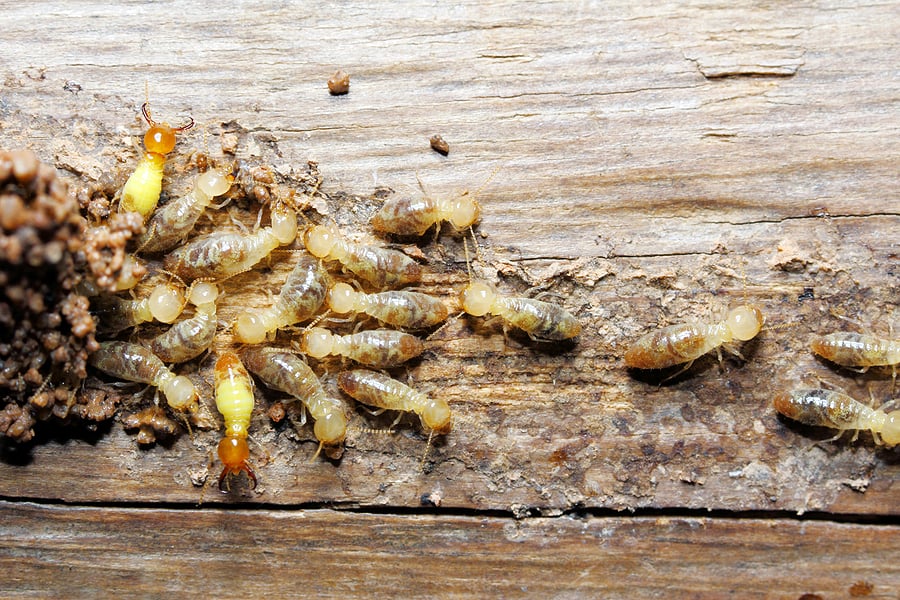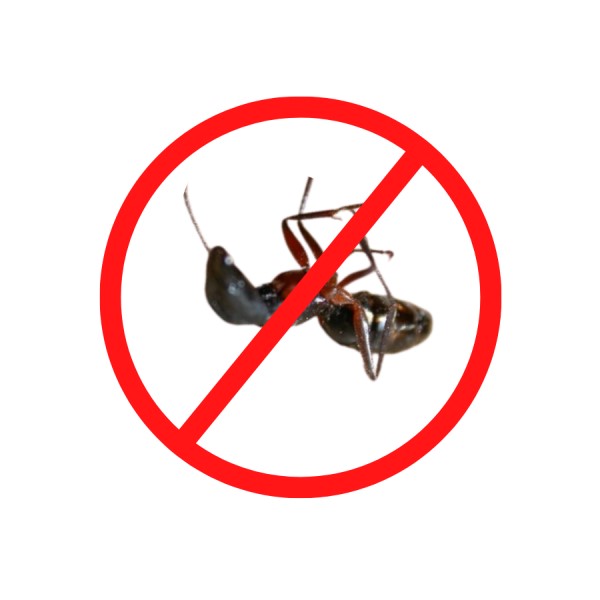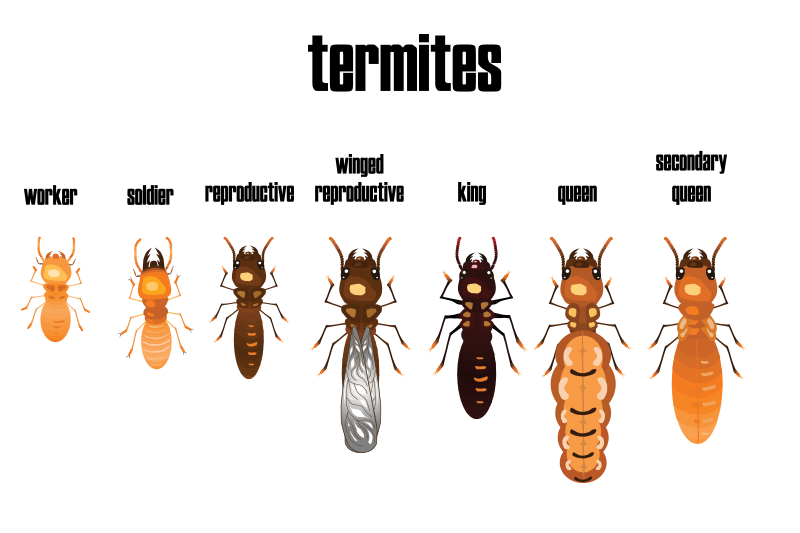Total Ant Control: Techniques and Services to Defeat Ant Problems
Total Ant Control: Techniques and Services to Defeat Ant Problems
Blog Article
Environmental Effect of Bug Control: Harmonizing Performance With Sustainability
The ecological influence of insect control is an essential problem that requires a fragile balance between attaining effectiveness in guaranteeing and managing parasites sustainability of our ecological communities. As we aim to safeguard our crops, homes, and wellness from the dangers posed by bugs, the techniques we use can accidentally hurt the setting. From making use of damaging chemicals that seep into our dirt and water to the unintentional effects on non-target types, the effects of traditional parasite control methods are far-reaching. Nonetheless, there are arising methods that supply expect a much more sustainable strategy to pest administration. These options not only purpose to attend to the prompt insect troubles however additionally consider the lasting wellness of our planet.
Hazardous Chemicals in Pest Control
The application of hazardous chemicals in insect control positions considerable ecological and health and wellness risks that require cautious factor to consider and reduction methods. Chemicals, pesticides, and herbicides are frequently used to eliminate bugs, yet their widespread application can bring about unintentional effects. These chemicals can contaminate dirt, water resources, and the air, influencing not only the targeted parasites however likewise useful pests, wild animals, and human beings.

To resolve these threats, integrated bug monitoring (IPM) strategies are being promoted as a more lasting choice. IPM entails a combination of methods such as organic control, habitat manipulation, and the targeted use pesticides as a last hope (ant control weddington nc). By adopting an alternative strategy to pest control, we can reduce the ecological and health impacts associated with dangerous chemicals while properly taking care of pest populations
Influence On Non-Target Species
Taking into consideration the unintended repercussions of pest control approaches, the effect on non-target types is a critical facet that calls for thorough analysis. While insect control procedures aim to target certain pests, other microorganisms in the environment may be unintentionally influenced. Non-target types, including valuable insects, birds, creatures, and even plants, can suffer direct or indirect injury from chemical applications or organic control approaches.
Pesticides developed to fight a specific insect parasite may damage pollinators like or natural killers such as ladybugs. Organic control agents, if not species-specific, can present risks to unintentional targets, disrupting the environmental balance.
To minimize the effect on non-target varieties, integrated pest administration (IPM) approaches that highlight a holistic method to pest control are advised. These techniques prioritize making use of eco pleasant practices, reducing damage to valuable microorganisms while successfully managing pest populaces. Carrying out comprehensive danger assessments and keeping an eye on the outcomes of parasite control efforts are vital action in guarding non-target species and advertising overall environment health.
Dirt and Water Contamination
Unintended environmental consequences of bug control methods prolong beyond impacting non-target varieties, with considerable implications for dirt and water contamination - ant control. Chemicals, herbicides, and chemical plant foods used in parasite control can leach right into the dirt and contaminate groundwater, positioning a hazard to both earthbound and marine environments.
Water contamination is one more critical problem related to pest control methods. Overflow from agricultural areas treated with chemicals can carry these chemicals right into nearby water bodies, influencing aquatic microorganisms and water high quality. Contaminants in water resources can have far-reaching effects, influencing not just water life however additionally human wellness with the intake of infected water or marine organisms. To mitigate soil and water contamination from pest control tasks, integrated parasite monitoring strategies that prioritize sustainability and lessen chemical inputs are important.
Air Contamination From Chemical Use
Exposure to airborne pesticides during farming applications poses a considerable worry for air contamination control actions. When chemicals are sprayed onto plants, they can volatilize into the air and kind unpredictable natural compounds (VOCs) and various other airborne pollutants. These chemicals can add to the formation of ground-level ozone, a major part of smog that can have detrimental results on human health and wellness, crop efficiency, and total air high quality. Furthermore, chemical drift, where pesticides are brought by the wind to unintentional areas, can cause the contamination of close-by environments and water bodies.

Techniques for Sustainable Pest Control
In the world of farming techniques, carrying out sustainable pest control methods is vital for preserving ecological equilibrium and securing crop yields. Sustainable bug control stresses making use of eco-friendly techniques to take care of pest populaces properly while lessening damage to non-target microorganisms and communities. Integrated Insect Administration (IPM) is an extensively embraced strategy that combines organic, cultural, physical, and chemical control techniques to achieve lasting bug monitoring remedies.
Plant rotation and diversity are also effective techniques to disrupt pest life cycles and create less desirable conditions for parasites to prosper. Ultimately, by integrating these sustainable bug control strategies, farmers can attain a balance in between pest management efficiency and environmental stewardship.
Final Thought
To conclude, the environmental impact of bug control approaches must be carefully considered to balance performance with sustainability. Hazardous chemicals utilized in insect control can cause soil and water contamination, air contamination, and harm non-target species - termite control. It is essential to apply sustainable insect control strategies to minimize these negative impacts on the atmosphere and promote a healthier community for future generations
By embracing an all natural technique to pest control, we can minimize the environmental and health effects linked with damaging chemicals while successfully managing pest populations.

To mitigate the air pollution triggered by chemical usage, it is vital to embrace incorporated parasite monitoring methods that prioritize the use of non-chemical parasite control methods, such as plant rotation, natural killers, and resistant crop ranges. Sustainable parasite control stresses the usage of ecologically pleasant techniques to handle pest populaces efficiently while decreasing harm to non-target organisms and communities. Integrated Insect Administration (IPM) is an extensively taken on method that incorporates organic, social, physical, and chemical control techniques to achieve lasting bug management remedies.
Report this page